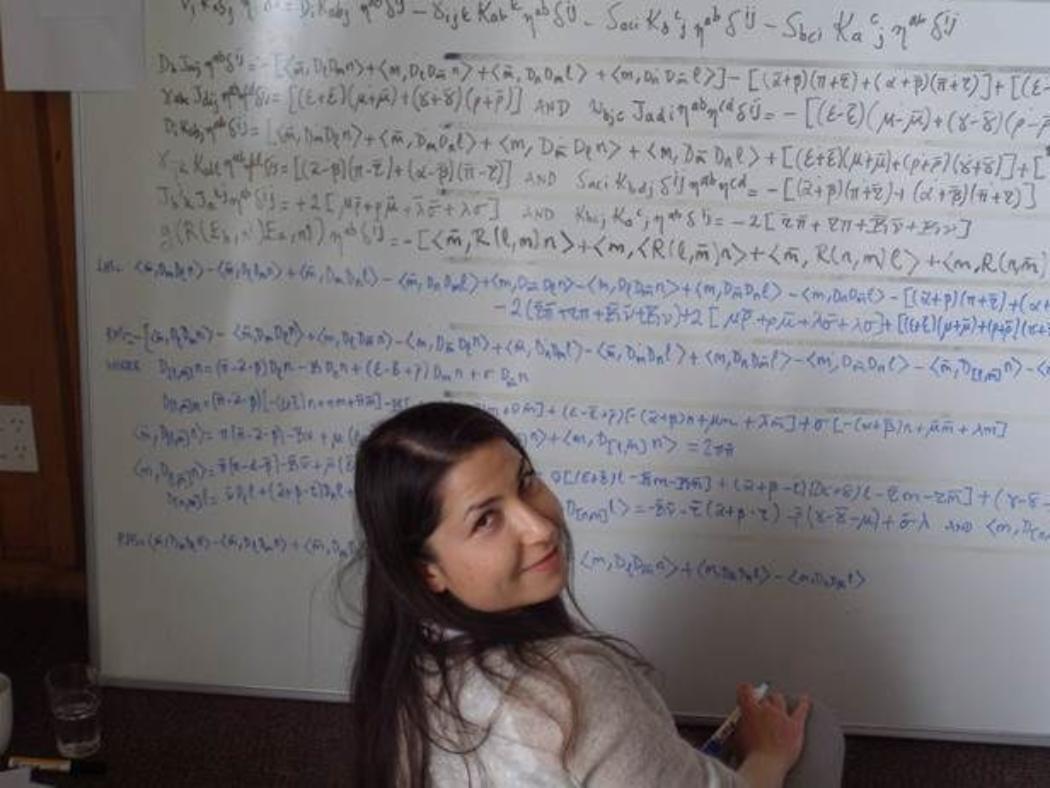Mathematical Physics
Introduction
The theories of physics are written in the language of mathematics. Ever since the days of Galileo and Newton, the concepts of physics have also inspired the development of new fields of mathematics. This is still the case today. As we push forward the frontiers of understanding fundamental ideas about the innermost workings of particles, the extremes of black holes, or the origin of the Universe, we are continually confronted by having to invent new mathematics.
An education in theoretical physics will give you a deep conceptual understanding of how things work, and how the universe fits together. It will also give you the skills to think from first principles, and to express that thinking analytically in mathematical models. Those skills are highly sought after not only in fundamental research but also in the worlds of industry, finance, education, and the public service.

